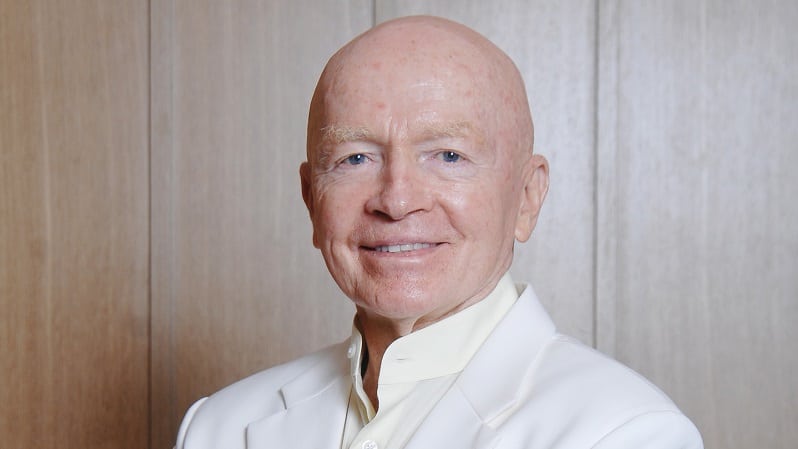Mobius Capital Partners, the boutique asset management group founded by emerging markets veteran Mark Mobius, has announced its intention to launch an initial public offering (IPO) for its newly established investment trust.
In a trading update this morning, the group said it is seeking to raise £200m for the Mobius Investment Trust which it aims to float on the London Stock Exchange’s main market on 1 October.
The founding partners, Mobius, Carlos Hardenberg and Greg Konieczny, together with employees, each intend to participate approximately £5.7m.
The trust will have an annual management fee of 1%, reducing to 0.85% above £500m and 0.75% above £1bn, based on the NAV or market cap of the trust. There will be no performance fee.
Mobius said: “Carlos, Greg and I founded Mobius Capital Partners because we fundamentally believe the future of active investment is creating value through partnership and engagement. Emerging and frontier market companies provide a unique opportunity to enhance ESG performance.
“Over my 30-year investment career, I have learned that emerging markets swing between irrational exuberance and excessive pessimism. What matters most is a deep understanding of the fundamentals. The current market correction opens up many exciting opportunities.
“We will look to work with these firms to improve corporate governance, set out a broader ESG pathway and act as a catalyst for wider operational and financial improvements.”
Not particularly cheap
Darius McDermott, managing director at Chelsea Financial Services said at 1% the fee “does not look very particularly cheap”.
He said: “The target raise of £200m is a decent size but given their reputation I would not be surprised to see them get that amount or somewhere near.”
The update revealed there will be an active discount management policy with a redemption facility at NAV (less costs) following the fourth anniversary of the trust’s launch and every three years after.
There will also be a 14.99% share repurchase authority which directors will consider activating where an average one-month discount exceeds 5%.
Making the case for EMs
Mobius Capital Group said now is the time to invest in EM and frontier markets.
Making the case for investing in developing markets, the trading update said that EM currencies (ex-China) are “extremely cheap and approaching 2008 crisis lows”.
It said EM equity valuations are trading at more than 40% P/E discount to the US market, the widest divergence since 2002 and the diversity and quality of these markets has strengthened, with the fastest improvement in corporate fundamentals since 2009.
However, McDermott said that while there is “a very strong valuation case” for emerging markets currently, “EM is unloved, and the strong dollar has not helped”.
Sicav vs investment trust
Similar to the group’s open-ended Sicav, the investment trust will focus on small to mid-cap companies, comprising a portfolio of 20 to 30 holdings across emerging and frontier markets. This is versus an average holding of 72 stocks for London listed peers.
The trust will be focused on undervalued companies with resilient business models which have the potential for operational, financial and ESG.
Both the Sicav and trust target a total return of between 12% to 15% per annum over the long term.
Appointment
Mobius Capital Partners was launched in May, just a few months after Mobius left Franklin Templeton Investors. He was quick to poached ex-colleagues Hardenberg and Konieczny from his former employer.
The investment trust’s board is chaired by recently appointed Maria Luisa Cicognani, alongside directors Sophie Robé, Charlie Shi and Christopher Casey.
Cicognani said: “Having followed the careers of the partners for a number of years, I was delighted to be appointed as chairman of Mobius Investment Trust.
“My own investment philosophy is closely aligned with their core focus on active ownership and their desire to reach beyond simple ESG exclusion screens.
“Furthermore, the investment trust structure complements the Mobius Capital Partners approach, supporting the long-term investment horizon and acting as a solid basis for engagement.”










